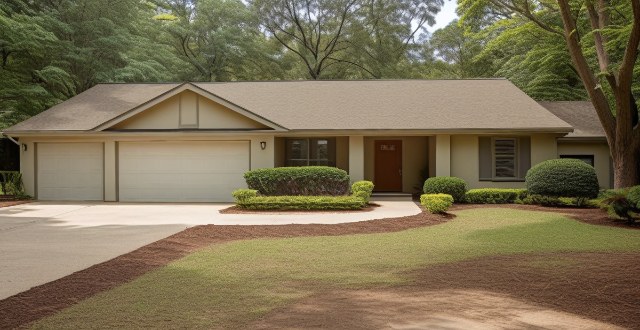Private Mortgage Insurance (PMI) is a type of insurance that protects the lender, not the borrower, in case of default on a mortgage loan. It is typically required when a homebuyer makes a down payment of less than 20% of the home's purchase price. Whether you need PMI depends on factors such as your down payment, credit score, loan-to-value ratio, and type of loan. Consider the cost of PMI and alternatives before deciding to obtain it.

What is Private Mortgage Insurance (PMI)?
Private Mortgage Insurance (PMI) is a type of insurance that protects the lender, not the borrower, in case of default on a mortgage loan. It is typically required when a homebuyer makes a down payment of less than 20% of the home's purchase price. The purpose of PMI is to reduce the risk for the lender in case the borrower is unable to repay the loan.
Do I Need Private Mortgage Insurance (PMI)?
Whether you need PMI depends on several factors:
1. Down Payment: If your down payment is less than 20% of the home's purchase price, your lender may require you to obtain PMI. This is because a smaller down payment increases the risk for the lender.
2. Credit Score: Your credit score plays a significant role in determining whether you need PMI. Lenders often use credit scores as an indicator of the likelihood that a borrower will default on their loan. If your credit score is low, your lender may require PMI even if you have made a 20% down payment.
3. Loan-to-Value Ratio: The loan-to-value ratio (LTV) is the amount of the loan divided by the value of the property. A higher LTV ratio means more risk for the lender, and they may require PMI to mitigate this risk.
4. Type of Loan: Some types of loans, such as FHA loans, have different requirements for insurance. In some cases, FHA loans may require mortgage insurance premiums (MIP) instead of PMI.
5. Cost of PMI: Before deciding to obtain PMI, consider the cost. PMI can add hundreds or thousands of dollars to your mortgage payments over time. You should weigh the cost against the benefits of obtaining a lower down payment or qualifying for a loan with a higher LTV ratio.
6. Alternatives to PMI: There are alternatives to PMI, such as paying a higher interest rate or making a larger down payment. You should discuss these options with your lender to determine which option is best for your financial situation.
In summary, whether you need private mortgage insurance (PMI) depends on various factors, including your down payment, credit score, loan-to-value ratio, type of loan, and personal financial situation. It is essential to weigh the costs and benefits of obtaining PMI before making a decision.